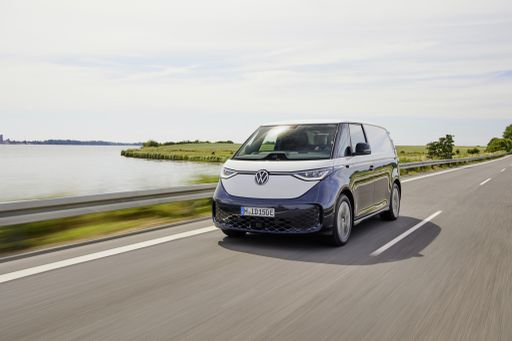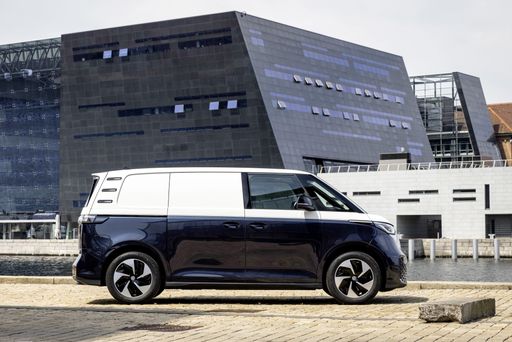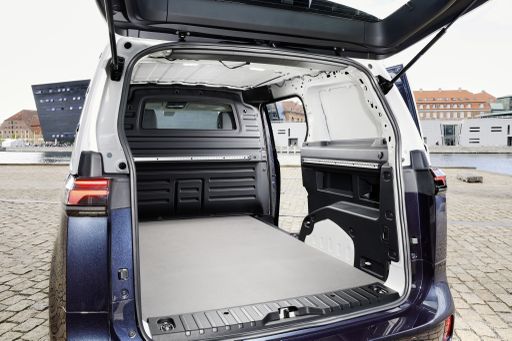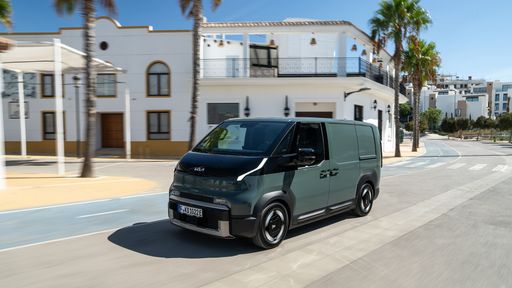Electric Cargo Vans Face-Off: VW ID. Buzz Cargo vs. Kia PV5
The electric cargo van market has taken off as businesses seek sustainable solutions for their logistical needs. Leading the charge are the freshly minted VW ID. Buzz Cargo and the Kia PV5, two electric vehicles that promise to revolutionize the way goods are transported. In this article, we delve into the details, comparing both the technical prowess and innovative features of these electrifying entrants.







